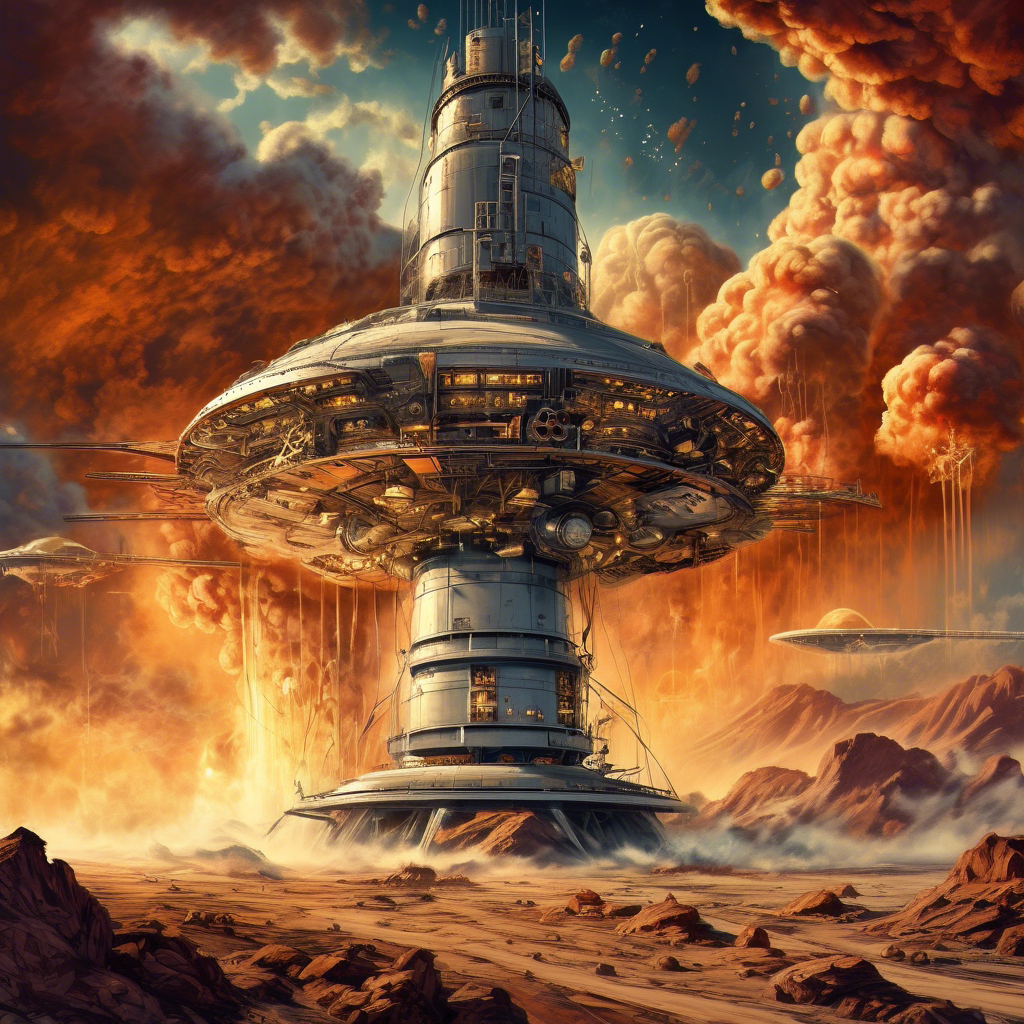
The atomic era, also known as the Nuclear Age, is defined by the development and use of nuclear weapons and the subsequent advancements in nuclear technology. This period in history began with the discovery of nuclear fission in the 1930s and reached its peak with the bombings of Hiroshima and Nagasaki in 1945 during World War II.
The story of the atomic era begins with the discovery of nuclear fission by German physicist Otto Hahn and his assistant Fritz Strassmann in 1938. This groundbreaking discovery paved the way for further research into nuclear energy and the development of atomic weapons.
The impact of the atomic era on people’s lives was profound and far-reaching. The bombings of Hiroshima and Nagasaki, which were carried out by the United States in August 1945, marked the first and only time that nuclear weapons have been used in warfare. The devastation caused by these bombings was catastrophic, resulting in the deaths of over 200,000 people and causing widespread destruction.
The use of atomic weapons during World War II had a lasting impact on the course of history. The bombings of Hiroshima and Nagasaki led to Japan’s surrender and the end of World War II, but they also raised ethical questions about the use of nuclear weapons and their destructive power. The fear of nuclear war and the proliferation of nuclear weapons became major concerns in the post-war era, leading to the development of arms control agreements and efforts to prevent the spread of nuclear technology.
The atomic era also brought about significant changes in the political landscape of the world. The United States emerged as a dominant superpower with its possession of nuclear weapons, leading to the start of the Cold War with the Soviet Union. The arms race between the two superpowers escalated tensions and fueled the development of more powerful and sophisticated nuclear weapons.
In addition to its impact on governments and geopolitics, the atomic era also had a profound effect on human society and the environment. The fear of nuclear war and the consequences of nuclear fallout led to widespread anxiety and uncertainty among people around the world. The testing of nuclear weapons in the atmosphere resulted in radioactive contamination and environmental damage, raising concerns about the long-term effects of nuclear energy and its potential for harm.
Despite the negative consequences of the atomic era, it also brought about significant advancements in science and technology. The development of nuclear energy for peaceful purposes, such as electricity generation and medical imaging, has provided important benefits to society. However, the potential risks and dangers associated with nuclear power remain a concern, as demonstrated by accidents such as the Chornobyl disaster in 1986 and the Fukushima Daiichi nuclear disaster in 2011.
In conclusion, the atomic era has had a lasting impact on the world, shaping the course of history and influencing the way we think about war, technology, and the environment. The discovery and use of nuclear weapons during World War II marked a turning point in human history and set the stage for the development of nuclear technology in the modern era. As we continue to grapple with the legacy of the atomic era, it is important to recognize the lessons learned from the past and work towards a future where nuclear weapons are no longer a threat to humanity.




Leave a Reply